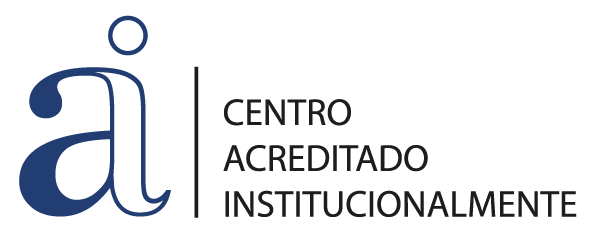Seminario Junior INMA: Ilaria Armenia y Marcos Rubín Osan.- Miércoles 6 de abril
El próximo miércoles 6 de abril a las 12:00h tendrá lugar el siguiente seminario junior del INMA en la Sala de Grados de la Facultad de Ciencias (edificio A), campus San Francisco, y también podrá seguirse a través de Zoom. Tras el seminario tendrá lugar un picoteo al que todos los asistentes podrán acudir.
SEMINARIO JUNIOR INMA:
• Ponente 1: Marcos Rubín Osan
• Título: Decoherence-free molecular spin qubits with chemically designed frequencies
Resumen de la charla: Magnetic molecules are attractive candidates to encode spin qubits and qudits. Each molecule consists of a core of one or several magnetic ions, surrounded by non-magnetic ligands. The interaction of these ions with their local coordination sphere determines the magnetic energy levels and states. Tuning the molecular structure and the local coordination of the magnetic ions introduces the possibility of designing systems adapted to specific tasks, and constitutes one of the most appealing characteristic traits of a chemically driven approach.
Qubit states must be sufficiently robust against any other interaction that can perturb their coherent evolution. The main contribution to decoherence in molecular spin qubits are magnetic fields in the environment. A solution to this problem, borrowed from atomic physics, is to encode the qubit in superposition states that form at level anti-crossings, also known as clock transitions.
Mononuclear Ni(II) complexes with a suitable magnetic anisotropy show a clock transition between their two lowest electronic spin levels. This transition, with its characteristic non-linear dependence on magnetic field, has been directly monitored by heat capacity experiments. The comparison with a Co derivative (S = 3/2), for which tunnelling is forbidden, shows that the clock transition leads to an effective suppression of intermolecular spin–spin interactions. The frequency of the transition admits a chemical tuning via the modification of the ligand shell that determines the magnetic anisotropy. In particular, a weaker magnetic anisotropy tunes the clock transition to the frequency range of microwave circuits, which allows its detection by on-chip broadband transmission experiments.
• Ponente 2: Ilaria Armenia
• Título: Magnetic nano-heating: SPIONs and fluorescent proteins as selective thermometers
Resumen de la charla: The heating properties of the magnetic nanoparticles (MNPs) have been extensively applied in medicine for thermal treatments of tumours, by taking advantage of the capability of the MNPs to absorb magnetic energy and dissipate it as heat when exposed to an alternating magnetic field (AMF). This phenomenon can be explored for the regulation of enzymatic processes, where an extreme control of the local temperature is needed to obtain a fine tuning of the enzyme activity. A crucial point in finding the best enzymatic activation conditions is the correct measurement of the local temperature reached during AMF activation at the active position of the enzyme. Commonly used systems are not suitable for simulating the behavior of a protein due to their small size and low complexity of their structure. We propose the use of Green Fluorescent Protein (GFP) and the Red Fluorescent Protein (RFP) as molecular thermometers to simulate the one-pot activation of two proteins under AMF, thanks to their temperatura dependant spectral properties.
Fecha y hora: Miércoles 6 de abril a las 12:00
Lugar: Sala de Grados, Edificio A (Facultad de Ciencias), campus San Francisco
Plataforma Zoom: https://zoom.us/j/81899308881?pwd=bCtaYXZLQWd1TmE1aHk0MlZwKzNnQT09 ID de reunión: 818 9930 8881 Código de acceso: 307072
Vamos a proceder a enviar certificados de asistencia al ciclo de seminarios junior del INMA por la asistencia a al menos dos de las sesiones del ciclo. Pedimos a los interesados que no nos hayan contactado que nos manden un email a cualquiera de los organizadores: Marta Haro (mharo@unizar.es), Ignacio Gimeno (ngimeno@unizar.es), Sergio Martínez (sergiomtz.losa@unizar.es), Beatriz Zornoza (bzornoza@unizar.es), Gabriel Alfranca (alfrancagabriel@gmail.com), Zsuzsa Baranyai (baranyaizsuzs@gmail.com)

